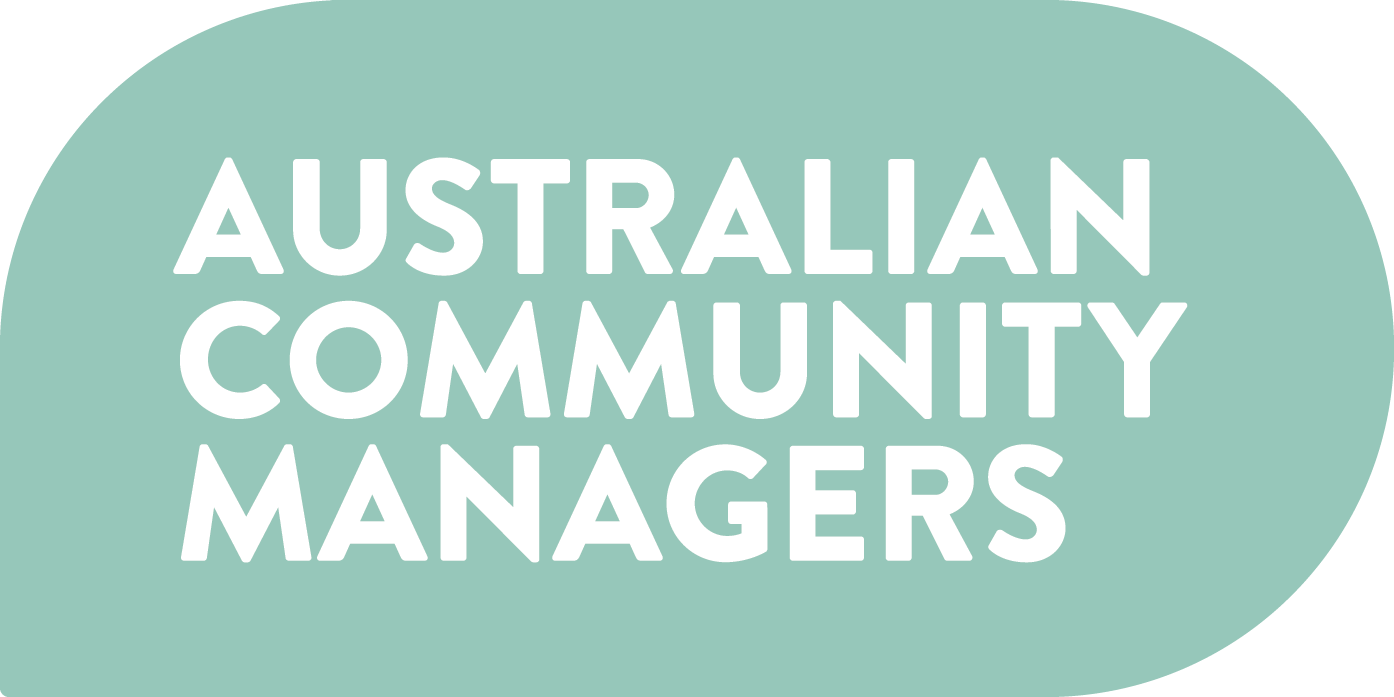The dilemma of social media
Docudrama The Social Dilemma has been making waves on Netflix. The project focuses on certain risks and harms of the major social media platforms, as told by former staffers of these companies and Silicon Valley insiders.
Specifically, it examines the algorithmic manipulation of social relations between users, and the productisation of these interactions for advertisers and data-miners.
The ethical failings and predatory behaviours of social media platforms are well documented. Projects like Better Communities have been launched to address exactly this. The primary thesis of the film - that there are consequential downsides to participating in these technologies, which lead to a spectrum of harms - is accurate.
Despite increasingly leaning on the language of community, the business models and objectives of Big Social are incompatible with community building goals and practices. It is possible to build and manage a great online community on social media, but it takes tremendous labor, shouldered exclusively by community custodians. The work pushes against the intent of the tools.
As community managers we often wrestle with our own social dilemma; how to have the conversation with businesses or organisations stuck on using a social media platform as their chosen site for community-building, without awareness of the ethical, design and behavioural challenges we know will typically ensue. Excellent community management practice can stave off some of these, yet cannot overcome foundational design choices and technical architectures that hinder boundary maintenance, relationship building and culture-setting.
Some critics have accused the documentary of trafficking in an unjustified moral panic. But there are fundamental differences between the social media tools of surveillance capitalism and the subjects of many historical moral panics (video games, mass media, the telephone) - differences we believe demand attention and scrutiny.
This is not an unwarranted call to arms.
However, The Social Dilemma disappoints in brutal, avoidable, ways.
Women and people of colour have led the charge in researching, documenting and sharing how technology and its assemblages have emboldened systemic inequities and directly harmed many of society's most vulnerable.
By not featuring the expansive body of work from Safiya Noble, Virginia Eubanks, Meredith Broussard, Sarah Roberts and their peers, The Social Dilemma embodies everything it claims to condemn. It heroes the 'prodigal tech bros' who designed these systems neglectfully and now seek credit for challenging their own status quo.
We do not hear the perspectives of platform users, who can speak to the nuanced ways these issues play out.
We don't meet people from the businesses and brands who advertise on these platforms, feeding the business models that compound the harms discussed.
And we don't hear voices of practitioners embedded in these spaces - such as community managers - who can speak expertly to the realities of benefits and harms at both the social and individual level.
Online community managers are an important, largely invisible intermediary within the platform ecosystem.
Whether working upon social media networks, or within hosted software, the community practitioner has lived professional experience of both the constructive and corrosive effects of social technologies.
We sit inside the techno-social machinery The Social Dilemma portrays and can provide tested input into problem framing and pathways for solution.
Community managers have offered specific recommendations to social media platforms for tools that would let them to share in moderation workload, mitigate risks, and build healthier communities for all. To date, they have shown limited interest in our help or insights.
In so far as it is getting people talking about the risks and harms of unchecked power (especially those with minimal awareness of these concerns) The Social Dilemma has value. But its erasure of the people this most impacts is a sign of only more neglectful design.
We suggest it as the beginning of a deeper conversation about pathways for meaningful change, alternative models and the untapped role of online community management practice in facilitating non-coercive, connected cultures.


